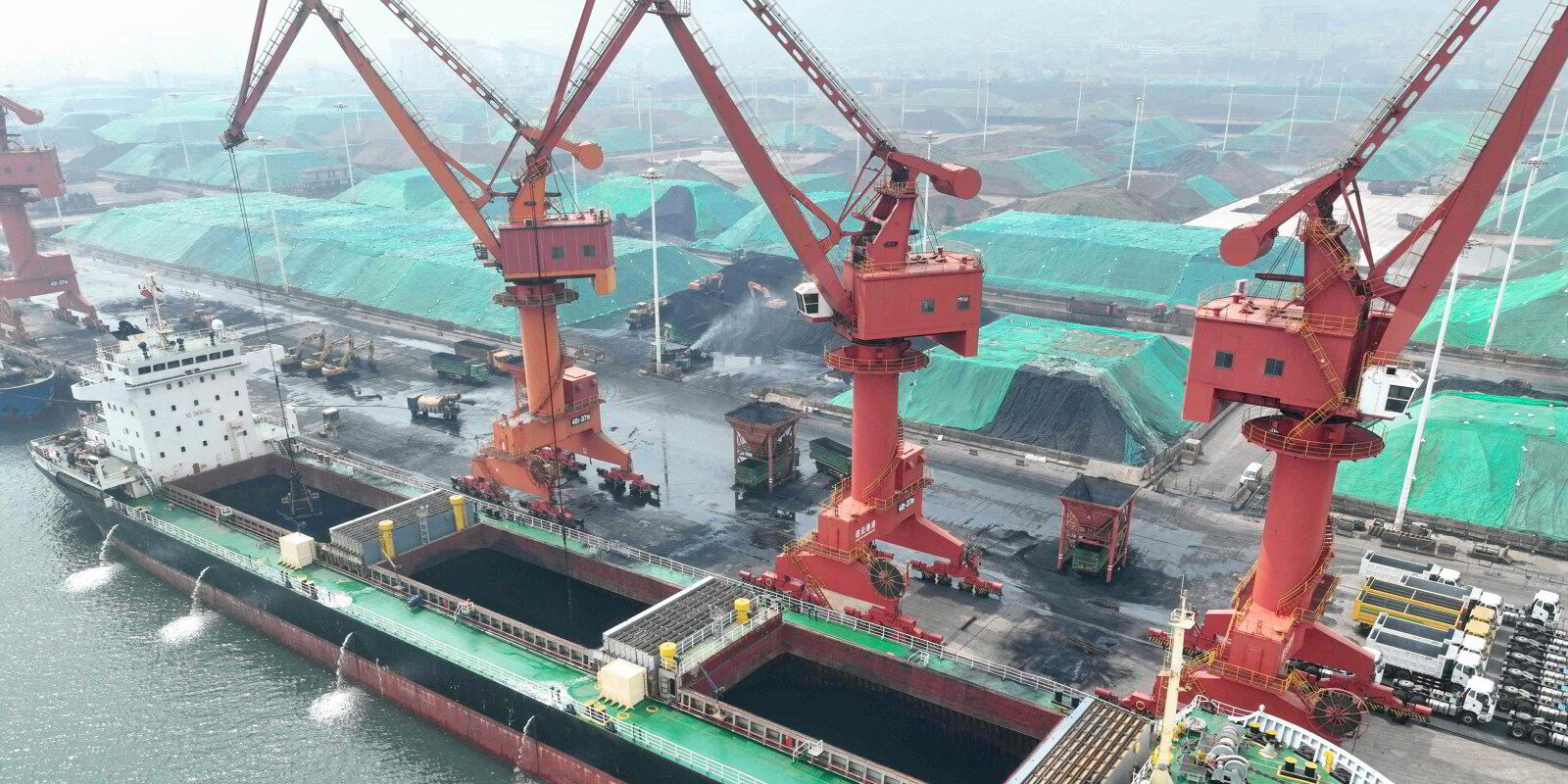Growth in India’s coal imports is expected to continue but will slow as demand plateaus, starting as soon as late 2024, according to new analysis.
Supramaxes are already suffering a stagnation of demand for coal transport to India, which is the world’s second-largest importer of coal this year, according to Bimco.
Traders are opting for larger panamax and capesize bulk carriers instead.
“Unlike in advanced economies where demand has peaked, or in China where a large investment in renewables is reducing demand, India’s coal demand is still expected to rise in the medium term,” Filipe Gouveia, shipping analyst at Bimco, said in a research report on Thursday.
“However, import demand growth will be limited by the country’s ambitious targets to increase domestic mining by an average of 7% per year until the end of the decade.
“Should India reach its target, cargo growth would slow, although a reduction in volumes from current levels is unlikely.”
Indonesia — the source of 45% of India’s seaborne coal imports, most of which is thermal coal — is still a consistent source of demand for supramaxes, particularly at ports with limited crane availability or draught restrictions.
Nearly all of Indonesia’s exports is thermal coal.
“So far in 2024, cargoes aboard supramax ships stagnated and their cargo share of coal shipments to India fell to 21% from 23% in 2023,” said Gouveia.
Power dynamic
Coal shipments to India rose 10% year on year between January and August this year, outpacing an 8% year-on-year increase in domestic coal mining, according to data cited by Bimco.
India’s electricity generation rose by 9% year on year during the first seven months of 2024, but power generation from coal rose by 13%. Hydroelectricity generation has fallen due to low water levels.
Since 2022, power plants in India have been mandated to blend a minimum ratio of imported coal in their electricity generation to ensure supplies and avoid blackouts.
This blending ratio has been set at 4% between 27 June and 15 October, down from 6% in the previous mandate.
Coal inventories in power plants are at what Bimco called “healthy” levels, with only 22 plants running critically low.
“It is still unknown whether the government will ease or eliminate coal import mandates in October, but should they do so, imports could grow at a slower rate,” the report said.





